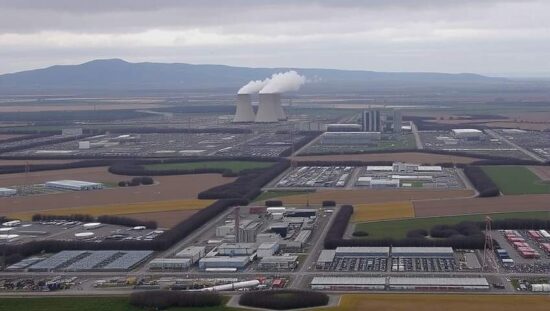Germany is reportedly reassessing its nuclear energy phase-out, potentially paving the way for a return to atomic power through smaller, modular reactors and fusion technologies, according to International Atomic Energy Agency (IAEA) Director General Rafael Mariano Grossi. Speaking to Politico’s “Energy and Climate” newsletter following discussions with German Economics Minister Katherina Reiche at the recent G7 energy ministerial summit in Toronto, Grossi indicated that Berlin is seriously considering a reversal of its long-standing policy.
Grossi characterized the situation as a divergence from the prevailing European trend, noting that while Spain remains undecided on nuclear energy, Germany’s previous exit appears to be accompanied by a desire for a pragmatic return. He suggested this might not involve large-scale reactors, but rather a focus on Small Modular Reactors (SMRs) or, further down the line, nuclear fusion.
The IAEA chief pointed to the prohibitive costs associated with traditional, large nuclear power plants in Germany, explaining the shift towards smaller, more adaptable technologies. He emphasized Germany’s continued expertise in nuclear technology, predicting a resurgence in those capabilities in the coming years.
This reconsideration aligns with recent statements from Minister Reiche, who has publicly acknowledged the potential benefits of shaping and developing SMR technologies, warning that failing to do so would represent a significant missed opportunity. A fusion energy action plan has also been drafted by the German government, with the ambitious goal of building the world’s first fusion reactor enshrined in the governing coalition agreement.
However, the German Ministry of Economic Affairs has issued a statement denying any plans for a return to nuclear energy production. A spokesperson indicated that the ministry does not comment on private conversations, attempting to distance the government from Grossi’s remarks. This discrepancy highlights a potential rift between diplomatic signals and official policy, fueling speculation about the evolving German energy strategy amidst ongoing concerns about energy security and the transition to renewable sources. The situation embodies a delicate political dance, balancing commitments to climate neutrality with the practical realities of energy supply and the potential for a significant shift in public opinion.





